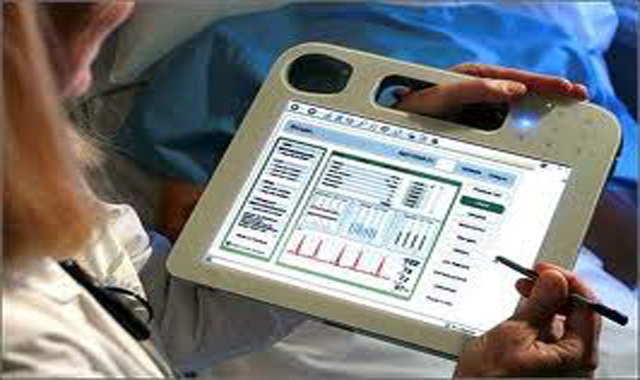We recently returned from an exciting few days at the American Health Information Management Association’s (AHIMA) Assembly on Education Symposium and Faculty Development Institute in Baltimore. A mouthful for sure, but it was great insight into what will be driving Health Informatics and Information Management (HIIM) over the coming academic year. The key takeaway? It’s all about data, data and more data.
A New Vision For Health Information Curriculum
Much of the discussion at the AHIMA Assembly focused on how all three higher education pathways are being revised in 2013 to put ‘big data’ at their heart. Associates degrees, bachelor’s degrees and master’s degrees have all been changed with an inherent recognition of how huge amounts of data and the analysis of that data will be at the center of every level of HIIM education.
The content domains and subdomains of all three pathways, as well as their taxonomic level, have been mapped to emerging HIIM roles. A good example of this ‘mapping’ is the expansion of the domain of Data Governance (or the accuracy of data as it is collected, integrated, used and shared). As the quantity of healthcare data explodes, it is important the quality of that data is assured. Too often in the recent past, electronic medical records (EHRs) have been filled with poor data for the sake of meeting quotas. This does not help anyone and our students. The next generation of HIIM professionals need to be the torchbearers of quality over quantity.
Big Data Is The New BIG Focus
Big data will be at the heart of healthcare in the U.S. going forward, also quid pro quo big data must be at the heart of all healthcare education. HIIM curriculum will focus on data management this coming year, and 2013’s students can expect to experience manipulating large data sets in the classroom.
The use of statistics, data analytics techniques, and the understanding of computer programming languages are increasingly important for HIIM students. Healthcare software systems are notorious for making it easy for individuals to enter data but extremely difficult to get it out. While electronic health records are improving in their ability to analyze data, students are now expected to know more about databases and programming.
Dipping Into Federal Data Mines
On his first day in office in 2009, President Obama signed the Memorandum on Transparency and Open Government. It was a pledge for federal departments to share large and meaningful datasets of information, and was soon followed by the launch of data.gov, a treasure-trove of big data. Today, there are thousands of great datasets available through the website, available to the public for free. It’s searchable and includes a dizzying amount of healthcare data that can be downloaded and used in the classroom.
At the College of St. Scholastica this year, we’re taking the data sets into the classroom and using them to teach data management and data analytics. For example, we’ll use data collected from the Medicare program and asking our students to manage, analyze and manipulate that data to get a grip on what big data looks like and how it can be used to understand population health. We are also having students analyze the publically available EHR Incentive Program data (Meaningful Use attestation information). Not only is this data pertinent for understanding current federal regulation, it is also BIG data.
Expect Big Data, and Demand Big Data
If you’re a student about to embark on your health information management education this year, be prepared to focus on big data sets. The clear message coming out of the AHIMA symposium was that faculty must plan classes around using data in the right place and at the right time for the best outcome. Health Information Management students are being trained to be knowledge workers, so they must be able to turn this big data into information, and ultimately knowledge.
If your classes aren’t touching big data sets, you should request it. Every job in healthcare information management will involve some level of big data mining and manipulation. So ask yourself, what’s the relationship between the class you’re taking and data analytics? The data is all there and free to access. We just need to find the pertinent information to make it useful.
Ryan Sandefer is chair of the department of Health Informatics and Information Management, The College of St. Scholastica. Source


































